When you start thinking about your college journey, you may be a bit confused as to all of the different colleges and universities there are to choose from.
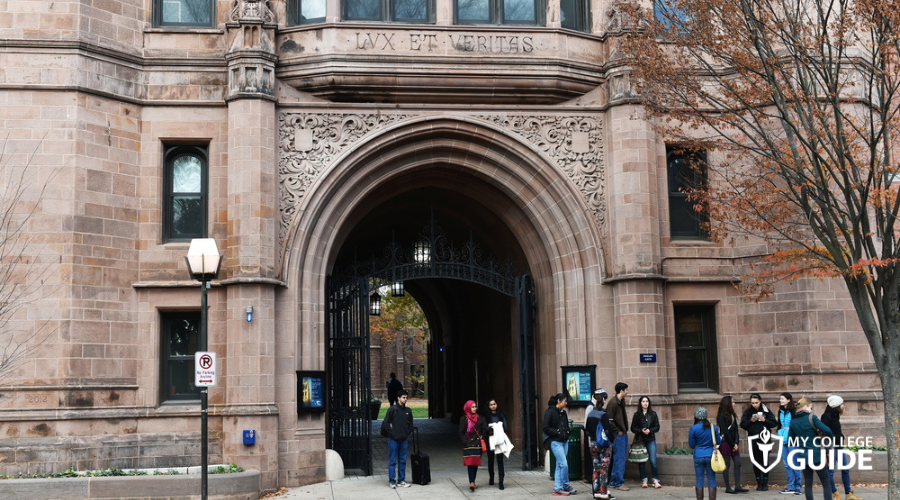
University options range from online universities, traditional colleges, state schools, non profit private universities, vocational colleges, and more.
Editorial Listing ShortCode:
Depending on your desired career path, you may find that an Ivy League university suits your needs better than say a research or technical university. Researching the various types of schools can help you learn what each one offers and help you make the right choice for you.
Different Types of Colleges and Universities
It’s important to know what a university’s label or category really means. There is quite a difference between a community college and an Ivy League university.
The various types of colleges and universities are listed here:
- For Profit Colleges
- Nonprofit Colleges
- Private Universities
- Public Universities
- Ivy League Universities
- Research Universities
- Community Colleges
- Vocational and Technical Schools
Hopefully, once you understand the differences, you can make a decision that is best for your education. The various options are outlined below to help guide you in the right direction.
For Profit Colleges
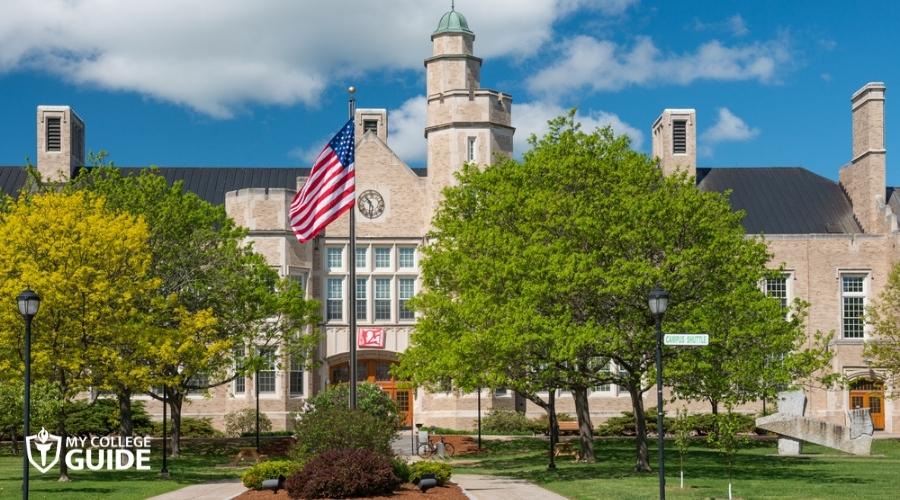
A for-profit institution is exactly what it sounds like, it is a college or university that strives to make money. For-profits are privately run.
According to the National Association for College Admission Counseling, for-profit institutions can receive up to 90 percent of their revenue from federal student aid. In general, for-profit institutions tend to have more flexible degree programs that allow students to complete programs entirely through online learning platforms or on evenings and weekends, and focus less on the campus life experience.
Editorial Listing ShortCode:
If you plan to transfer to a nonprofit institution at any point in your college career, it is a good idea to check with the nonprofit school to ensure that your credits will transfer from a for-profit. Usually, a college and/or academic degree program must be properly accredited in order for credits to transfer.
Nonprofit Colleges
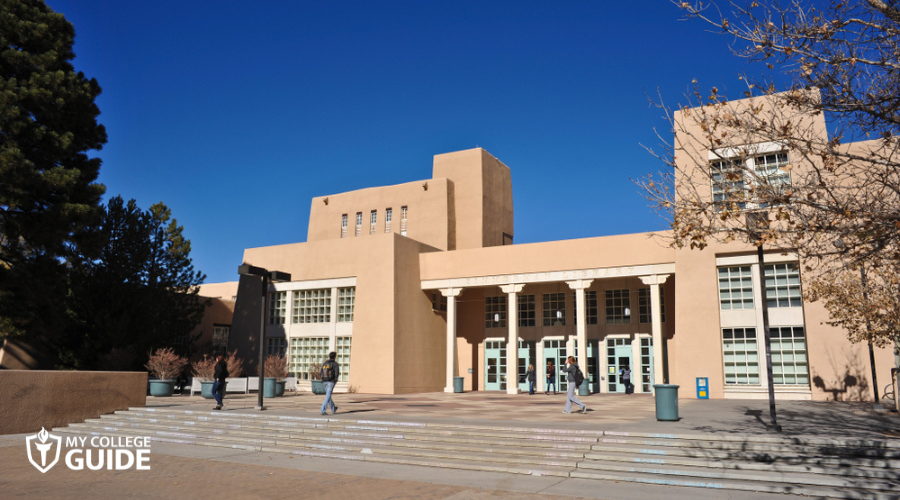
Nonprofit institutions are typically the traditional types of colleges that come to mind. Nonprofit institutions usually receive funding from the government, tuition, and endowments.
The money received is put back into the curriculum, instruction, and other college operations that support students and faculty. These institutions are led by administrators, faculty, and staff, often under the direction of a Board of Trustees. There are both private nonprofit colleges and public nonprofit colleges.
Nonprofit institutions may offer traditional daytime degree programs, as well as hybrid (half on campus, half online), online colleges, or evening and weekend programs. Regardless if you’re looking into private non profit colleges or for-profit colleges, both offer a traditional campus life experience sports teams, student clubs, dorm living, and more.
Private Universities
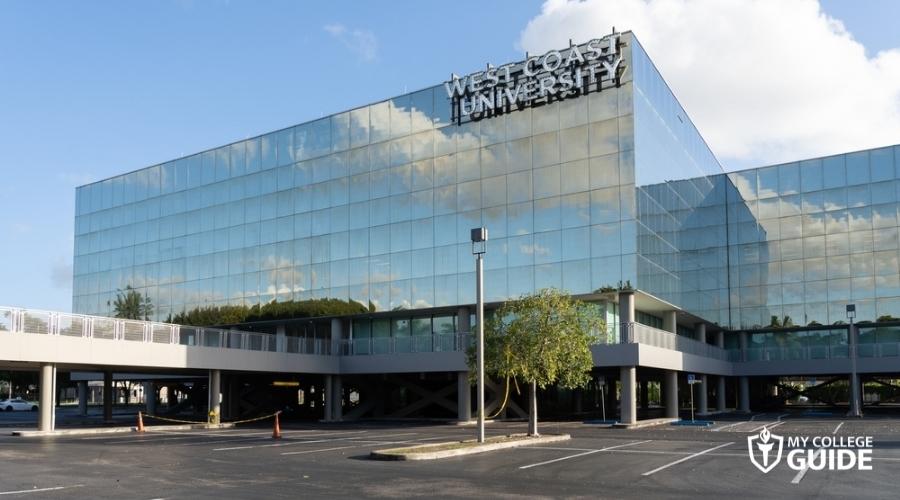
Private colleges do not rely on government funding. Instead, private universities are funded by endowments, tuition, and donations, and because of this, private schools tend to have higher tuition rates. Luckily, most for profit schools are private universities that also offer financial aid to lower the cost.
You can also look into various scholarships to lower the cost of your tuition as private universities tend to have a larger budget for awards and scholarships.
Public Universities
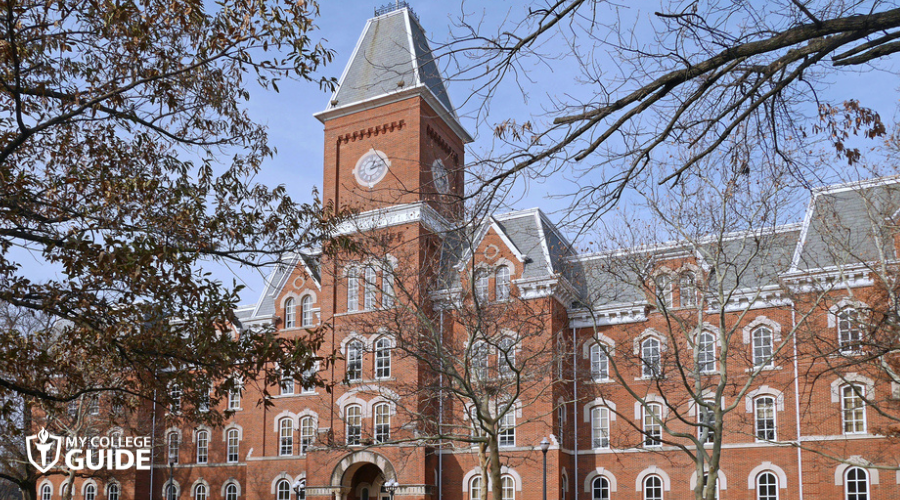
Public universities usually receive their largest chunk of funding from the state. They may also rely on tuition and donor support.
Public universities are nonprofit institutions. Because these schools are state-run, they usually offer lower tuition rates to residents of the state where the school is located and also offer reputable online colleges in addition to their on-campus programs.
Editorial Listing ShortCode:
Enrollment at public non profit universities tends to be higher due to the lower cost and ease of transportation for local students. Due to the enrollment size, public colleges tend to offer more majors to accommodate the student population.
Ivy League Universities
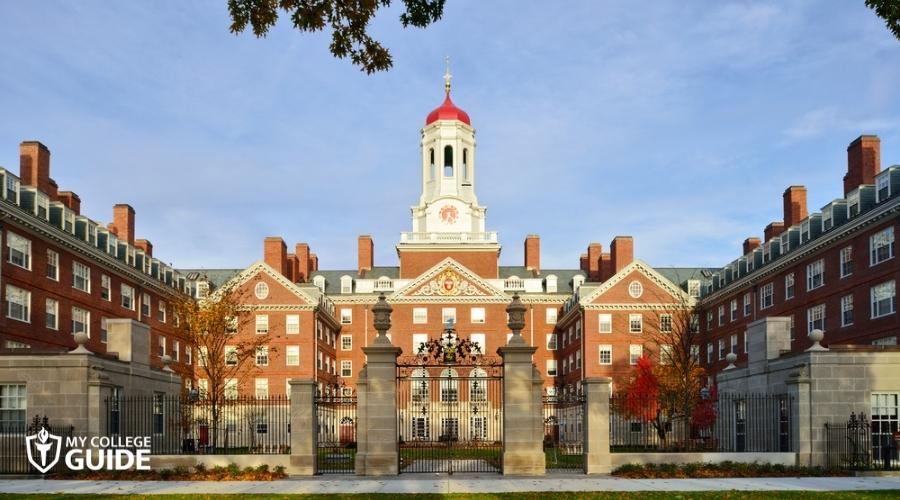
Ivy League universities are among the most prestigious. The application process is very competition and tuition price tends to be higher than other school options.
There are 8 Ivy League schools to choose from, all located in the Northeast. Ivy League schools are known for their sports programs, academic excellence, admissions selectivity, and overall social standing.
Research Universities
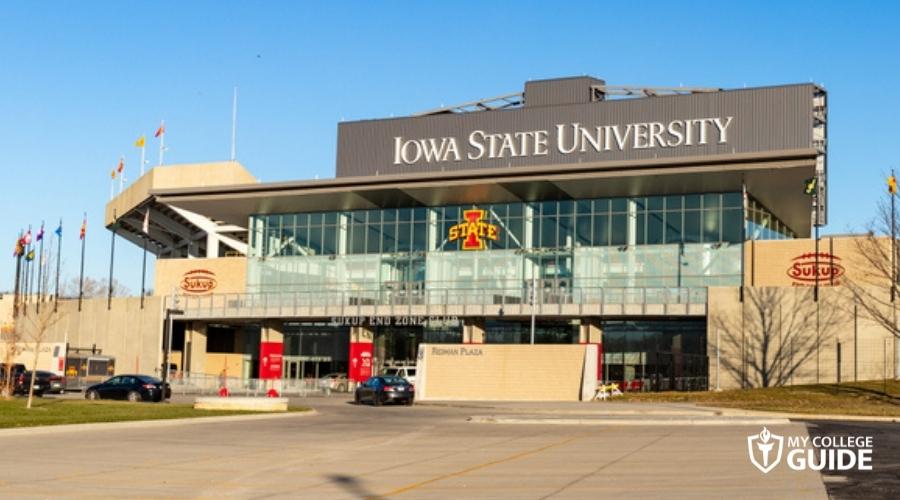
Research universities sound like the name implies. They are larger universities focused on science and research. They offer bachelor’s, master’s, and doctorate programs and are known to spend millions on research projects.
Research universities can be public or private and offer a level of hands-on learning that traditional schools may lack. The professors tend to even participate in the research program, working with and teaching students at the same time.
Community Colleges
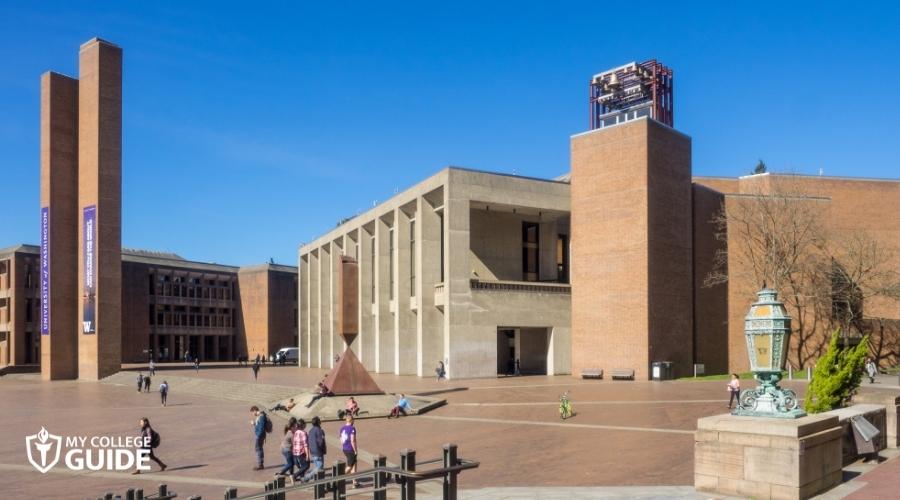
Community colleges offer 2-year degrees allowing students to complete their associate degree program before moving on to a 4-year college for their bachelor’s degree. Community colleges do not offer on-campus dorms but are perfect for those who have their own transportation each day.
Community colleges are often much less expensive allowing you to save money before attending a 4-year school. An associate’s degree can set you on your career path while you continue on to your bachelor’s or work toward career advancement through experience.
Vocational and Technical Schools
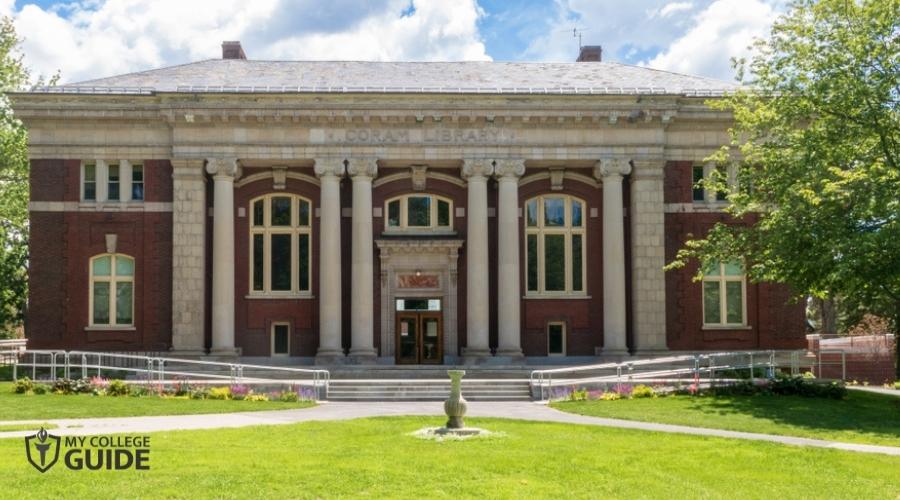
Vocational colleges are sometimes also referred to as technical colleges or trade schools. These schools focus on training for specific industries.
Editorial Listing ShortCode:
For example, if you working toward becoming a chef, a culinary arts school may be a great choice. Some other career paths available through vocational or trade schools include HVAC technicians, welders, dental hygienists, and many more.
Colleges With a Special Focus
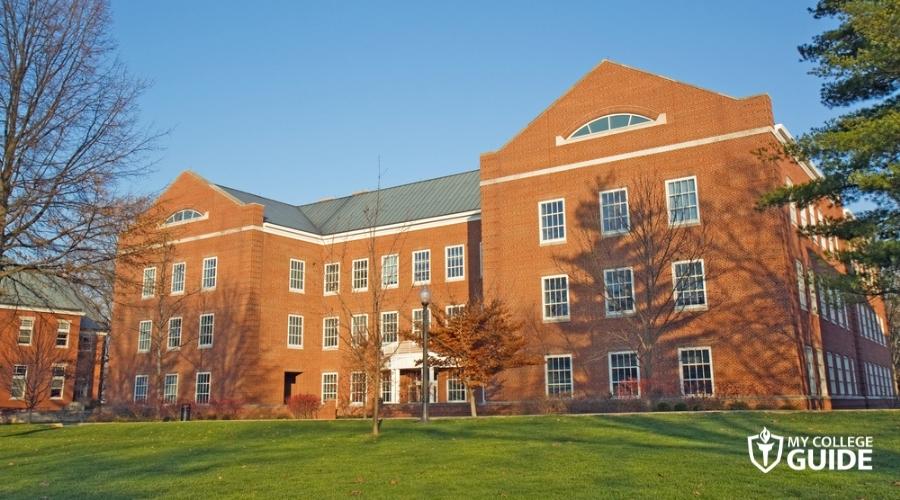
While the various types of universities can be a great starting point for your research, it’s important to keep in mind there are other colleges available with a special focus.
If the above universities do not fit your education needs, the following schools with a special focus may be worth checking out.
- Arts Colleges provide specialized training in various art subjects, including illustration, graphic design, photography, painting, sculpture, and more. Art colleges also offer general core courses but the focus is more on artistic training.
- Liberal Arts Colleges focus on undergraduate studies in liberal arts and sciences. Liberal arts colleges offer programs in arts, humanities, social sciences, math, and national sciences.
- Religious Colleges are private institutions that focus on a specific faith and intertwine faith into daily teachings. You may be asked for a statement of faith during the application process depending on the school.
- Single-Sex colleges are available to a specific sex. While most colleges are co-ed, those who prefer to avoid a co-ed situation may find a single-sex college a great option.
- Specialized-mission Colleges focus on specific groups of students, such as Hispanic-serving institutions (HSIs) or historically black colleges and universities (HBCUs). These schools are committed to serving a majority of the student body that shares the same mission and demographic.
Hopefully, after reviewing the list of colleges available, you are able to find a good fit for your higher education.
What’s the Difference Between a College vs. University?
While you may automatically think all higher education institutions are the same, there are actually quite a few points of difference between college and university.
| College | University |
|
|
It may be helpful to consider these differences when choosing the best school for your educational needs.
What’s the Difference Between a Two Year vs. Four Year College?
When deciding if a two-year or four-year college is right for you, it may be helpful to consider the differences between each.
| Two Year | Four Year |
|
|
If you’re looking for an associate’s degree without the cost of being away from home, a two-year college may be right for you. However, if you’re looking to experience campus life and a bachelor’s degree, a four-year school may be a better choice.
Choosing the Best School for You

The type of college that is best for you depends on your educational needs and interests as a student. You may find that non profit universities online fit your schedule and academic needs thanks to their flexible schedules. Alternatively, you may find it best to attend college on campus.
No matter what type of college you’re considering, it may be helpful to ask about accreditation, as well as job placement and graduation rates. Plus, it is a good idea to talk with an admission counselor about financial aid options and visit the college campus to help determine if it’s the right fit for you.
Once you have a few ideas of your intended career path, you can start researching the various schools that offer the degree or training program you’re looking for.
